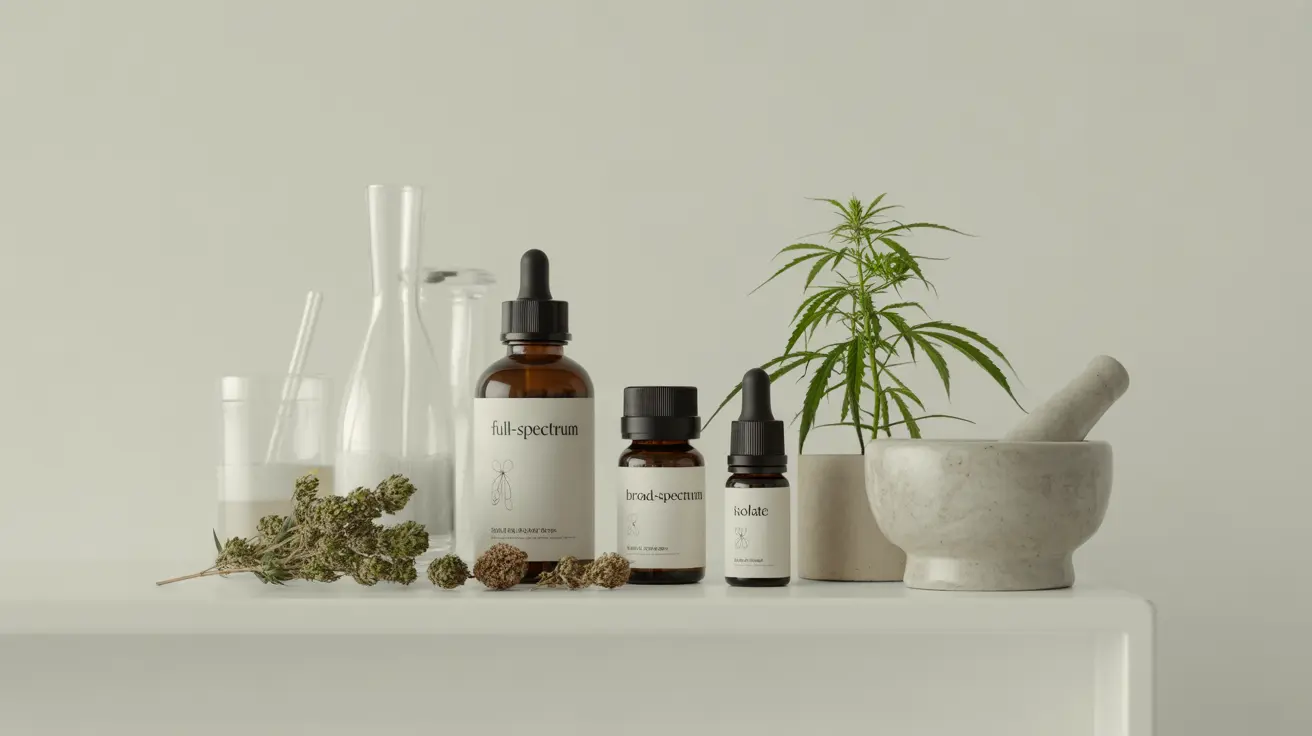As interest in natural wellness solutions continues to grow, CBD oil has emerged as a popular choice for those seeking relief from various conditions. Understanding CBD oil through expert reviews and evidence-based research is crucial for making informed decisions about its use. This comprehensive guide will help you navigate the world of CBD products, their benefits, and important considerations for choosing the right option.
Understanding CBD Oil and Its Various Forms
CBD (cannabidiol) oil comes in several formulations, including full-spectrum, broad-spectrum, and isolate products. Each type offers unique benefits and considerations for different users. While full-spectrum contains trace amounts of THC, broad-spectrum and isolate products provide CBD benefits without THC content.
Key Benefits of CBD Oil Products
Research and user experiences have highlighted several potential benefits of CBD oil:
- Pain management and inflammation reduction
- Anxiety and stress relief
- improved sleep quality
- Potential neuroprotective properties
- Support for skin health
How to Evaluate CBD Oil Quality
When reviewing CBD oil products, consider these essential factors:
Third-Party Testing
Quality CBD products should always come with comprehensive third-party lab results, verifying their content and purity. These certificates of analysis (COAs) provide crucial information about cannabinoid levels and potential contaminants.
Source and Extraction Methods
Premium CBD oils typically come from organic hemp plants grown in controlled environments. The extraction method used can significantly impact the final product's quality, with CO2 extraction being considered the gold standard.
Brand Reputation and Transparency
Look for companies that maintain transparency about their manufacturing processes, source materials, and testing procedures. Reliable brands typically have positive customer reviews and clear communication about their products.
Choosing the Right CBD Oil
When selecting a CBD oil, consider these factors:
- Potency and concentration levels
- Price per milligram of CBD
- Company reputation and customer service
- Product formulation (full-spectrum, broad-spectrum, or isolate)
- Additional ingredients and their benefits
Safety Considerations and Usage Guidelines
While CBD oil is generally considered safe, it's important to start with a low dose and gradually increase it based on your body's response. Always consult with a healthcare provider before starting CBD, especially if you take other medications.
Frequently Asked Questions
What are the benefits of using THC-free CBD oil compared to regular CBD oil? THC-free CBD oil offers the therapeutic benefits of CBD without any psychoactive effects or risk of failing drug tests. It's ideal for people who want to avoid THC entirely while still gaining CBD's potential benefits for anxiety, pain, and sleep.
Does THC-free CBD oil show up on drug tests, and is it safe for employees subject to workplace testing? Pure CBD isolate and broad-spectrum products shouldn't trigger positive drug tests when they're properly manufactured and tested. However, always verify third-party lab results to confirm zero THC content and choose reputable brands that guarantee THC-free formulations.
How do I choose the best THC-free CBD oil based on product reviews and lab testing? Look for products with comprehensive third-party lab results, positive customer reviews, clear labeling of CBD content, and transparent manufacturing processes. Consider factors like extraction methods, hemp source, and the company's reputation in the industry.
Can THC-free CBD oil help with anxiety, pain, or sleep problems without causing psychoactive effects? Research suggests that CBD alone can help manage anxiety, pain, and sleep issues without causing intoxication. Many users report positive results with THC-free formulations, though individual responses may vary.
Are there any side effects or medication interactions to consider when using THC-free CBD oil? While CBD is generally well-tolerated, potential side effects may include fatigue, changes in appetite, and digestive issues. CBD can interact with certain medications, particularly those metabolized by the liver. Always consult a healthcare provider before starting CBD, especially if you take prescription medications.




